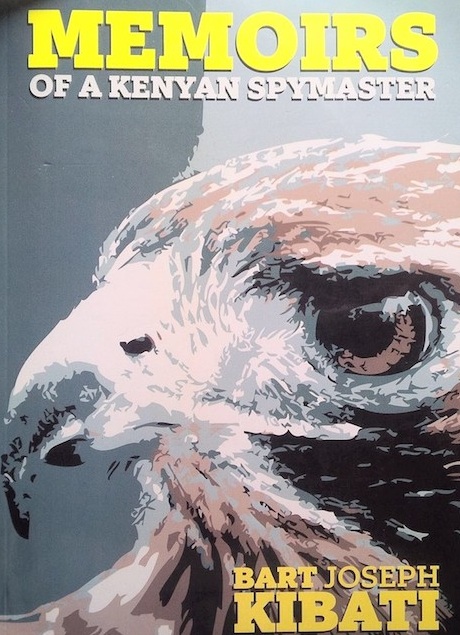Excerpts from a declassified CIA document from August 1978.
The Economic Intelligence Weekly Review issue, dated 24 August 1978, was published two days after Kenya’s first President Jomo Kenyatta, who had led the country since independence in December 1963, passed away.
The document is meant for US government officials and was done in a format that is useful to them. It has economic indicators, industrial material prices, and contains data from sources like the IMF, and the Economist (their index of 16 food prices). There are also charts on Inflation, unemployment, trade patterns (imports and exports), unemployment rates, interest rates etc. in different countries that are classified by segments such as the Big Seven (US, Japan, West Germany, France, UK, Italy and Canada), other OECD, OPEC (oil-producing nations) and also Communist countries, and other ‘World’ countries.
There are detailed write-ups in the CIA weekly review on:
- The black market in Cuba: Hustling of consumer goods is vibrant, reflecting shortages of consumer goods. Most consumer goods are rationed except a few luxury items like rum and cigarettes. It also notes that aggregate personal incomes in Cuba are up 38% since 1973 and have reached the rank and file of Cuba, with no evidence of appreciable corruption among top-level officials.
- The USSR has borrowed more than it needs to build a pipeline. It obtained $2.5 billion, which was $1 billion more than required, from the CEMA International Investment Bank (IIB). Five Eastern European countries helped build it, and in exchange, they will receive gas annually, while sales of natural gas to Western Europe are expected to yield $750 million to $1 billion. The IIB borrow funds in European markets and on-lends them to Eastern European countries at rates better than the countries could obtain on their own. Items paid for with the loan funds included equipment bought from West Germany, Italy and France.
- Concern about Poland debt payment problems despite a shrinking deficit: For a third year, Poland had to borrow $4 billion and could face a financial crunch or debt rescheduling. Cutbacks of available industrial materials have been severe, affecting production, while debt service payments are now double what they were in 1976 – amounting to 60% of Poland’s exports to the West, compared to 37% in 1976.
- The USSR is engaging with Iraq and India.
- On Kenya, it looked at the transition era and economic stakes of the Kenyatta family, whose inner circle controlled key economic posts and had extensive commercial and agricultural investments, and land tracts around the country.
Vice President Daniel Moi,introduces Mwai Kibaki the Minister of Finance to President Jomo Kenyatta. pic.twitter.com/xIfJR1bBqb
— Kenyan Facts 🇰🇪 (@KResearcher) August 1, 2018
The CIA found that the substantial economic investments built over 15 years would deter them from unconstitutionally challenging Acting President Daniel arap Moi, even as they predicted that the Moi-Njonjo group’s (Njonjo was Kenya’s Attorney General and a key ally of Moi in the transition phase) efforts to increase the economic pie could cause disenchantment with the Kenyatta clan.
It was expected that economic pressures would cause the government to push for redistribution of the country’s wealth as it also noted that the family is big in two activities – charcoal and ivory whose exports were banned. At the time, Kenya was considering applying to the IMF for assistance with its balance of payments in the coming years as oil prices had risen, key foreign exchange earners like coffee and tea were slumping, and there was a need to modernize the military while Kenya had also lost its top destination market – Tanzania with the collapse of the East African Community.
It is an astonishing amount of economic data, from fourty years ago – so what does the CIA collect today on different countries and economies?
See also this story from the Standard newspaper.
